New EU veterinary medicine regulation will see cross-border trade of unlicensed medicine develop from a trickle to a torrent post-January 2022, Irish Pharmacy Union (IPU) representative Darragh Quinn told the agriculture committee.
Thursday's sitting heard from stakeholders who will be affected by new rules which will require co-ops and pharmacists to have a prescription to supply fluke doses and wormers to farmers from 2022.
Some 900 licensed merchants and 300 pharmacists who supply veterinary medicines will be affected by the new rules.
Although they will be able to still stock the medicines, they will not be able to issue them without a prescription from a vet.
Smuggling
Quinn highlighted that two different supply systems will exist on the island without the presence of a border, which may potentially result in reduced accountability and transparency of medicines used on southern farms.
“At present, certain products are obtained by farmers in the border region for reasons of cost and availability, without a prescription. The recent court case of an alleged importation is as a result of an absence of political will.
“By introducing this regulation, we are undermining the quality assurance associated with Irish food products. Job losses in the thousands will ensue, while also threatening the viability of rural veterinary practices,” he said.
Solution
The IPU representative said no consideration has been given to the impact of this regulation on the viability of farms, with some medicines forecast to rise in cost by over 200%.
“In order to maintain competition within the market and prevent the development of anthelmintic resistance ... continue authorise pharmacists and suitably qualified persons to issue prescriptions for anti-parasitic medicines.”
Read more
Department seeking views on new veterinary medicine law
New vet medicine regulation has anti-competitive implications - ICOS
New EU veterinary medicine regulation will see cross-border trade of unlicensed medicine develop from a trickle to a torrent post-January 2022, Irish Pharmacy Union (IPU) representative Darragh Quinn told the agriculture committee.
Thursday's sitting heard from stakeholders who will be affected by new rules which will require co-ops and pharmacists to have a prescription to supply fluke doses and wormers to farmers from 2022.
Some 900 licensed merchants and 300 pharmacists who supply veterinary medicines will be affected by the new rules.
Although they will be able to still stock the medicines, they will not be able to issue them without a prescription from a vet.
Smuggling
Quinn highlighted that two different supply systems will exist on the island without the presence of a border, which may potentially result in reduced accountability and transparency of medicines used on southern farms.
“At present, certain products are obtained by farmers in the border region for reasons of cost and availability, without a prescription. The recent court case of an alleged importation is as a result of an absence of political will.
“By introducing this regulation, we are undermining the quality assurance associated with Irish food products. Job losses in the thousands will ensue, while also threatening the viability of rural veterinary practices,” he said.
Solution
The IPU representative said no consideration has been given to the impact of this regulation on the viability of farms, with some medicines forecast to rise in cost by over 200%.
“In order to maintain competition within the market and prevent the development of anthelmintic resistance ... continue authorise pharmacists and suitably qualified persons to issue prescriptions for anti-parasitic medicines.”
Read more
Department seeking views on new veterinary medicine law
New vet medicine regulation has anti-competitive implications - ICOS




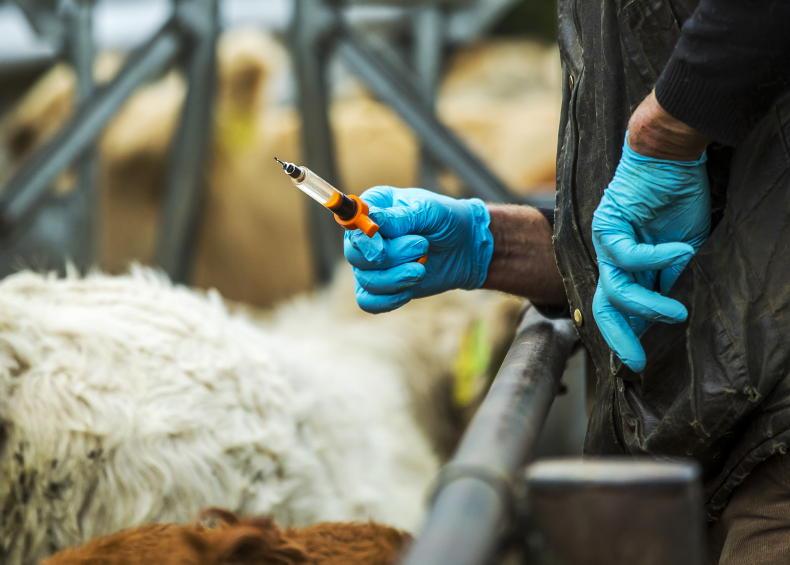
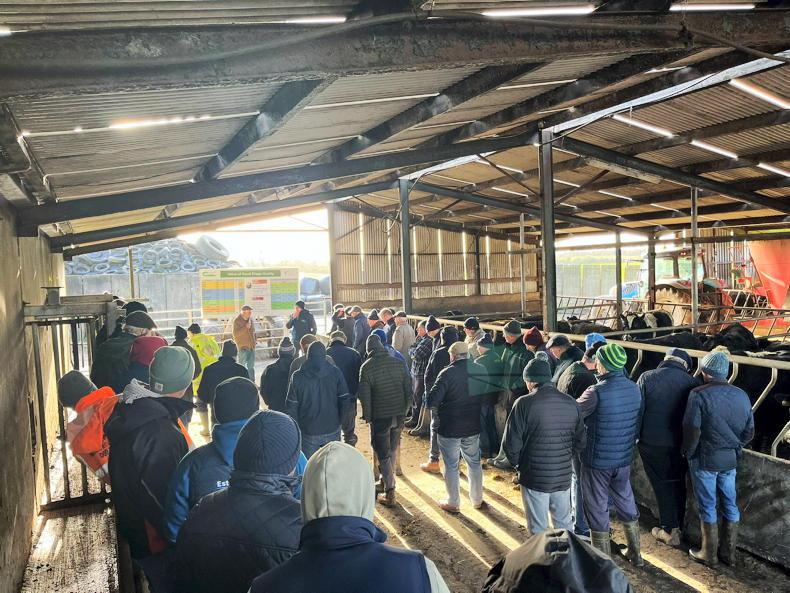

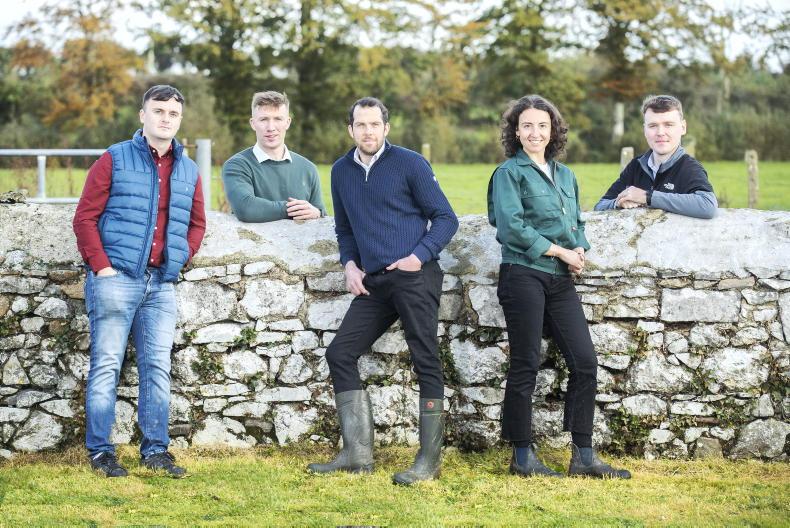
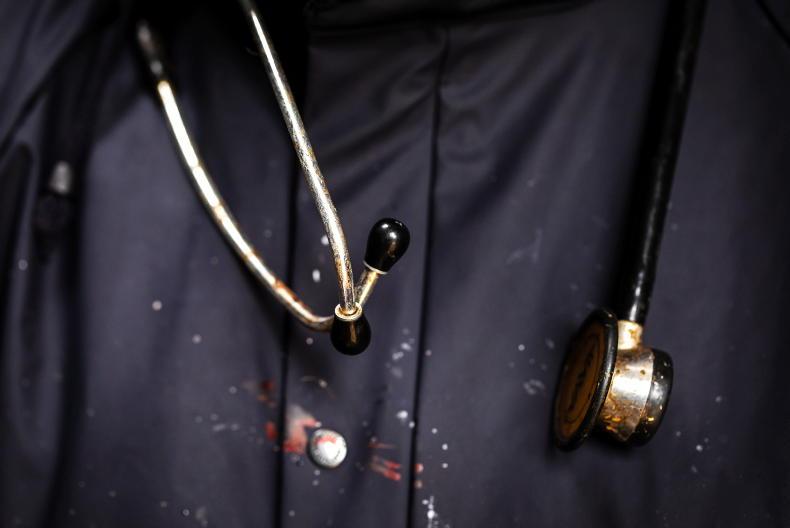
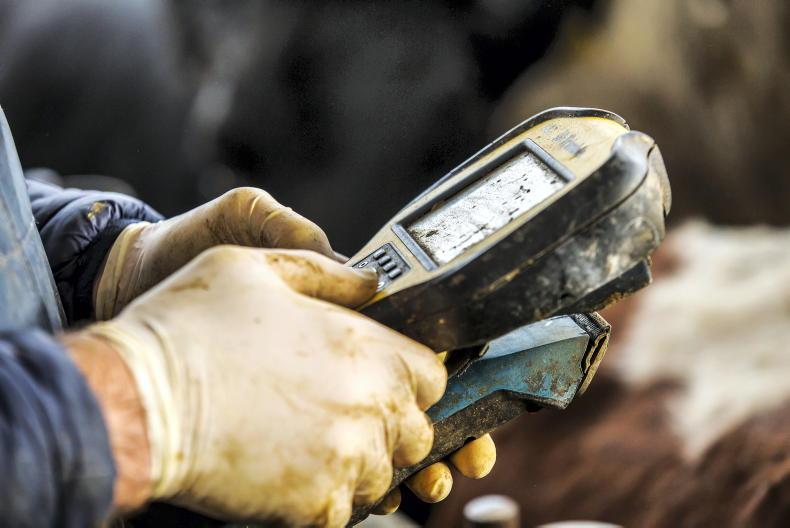
SHARING OPTIONS